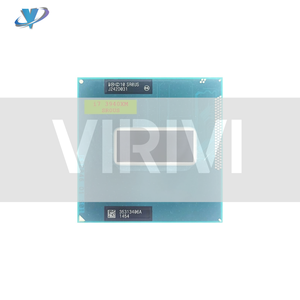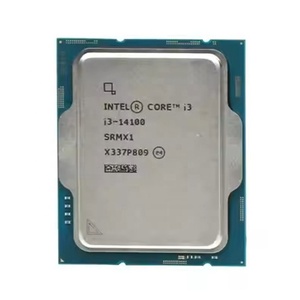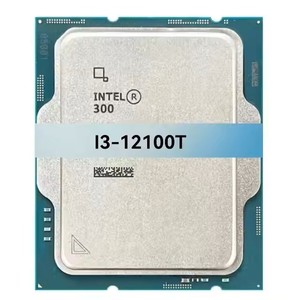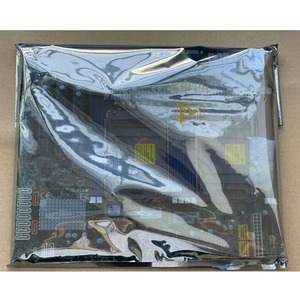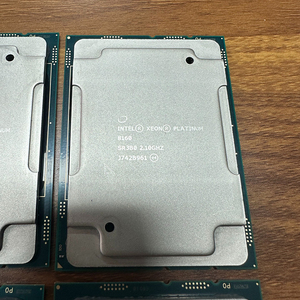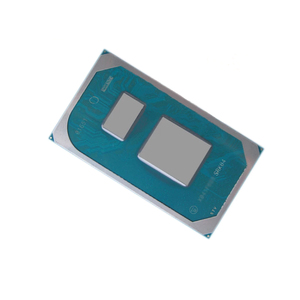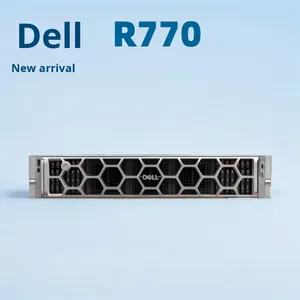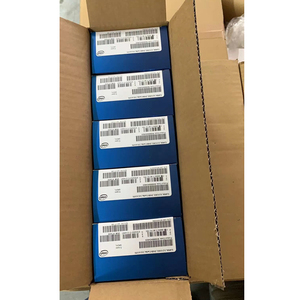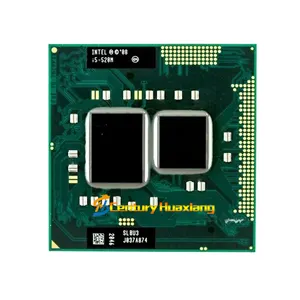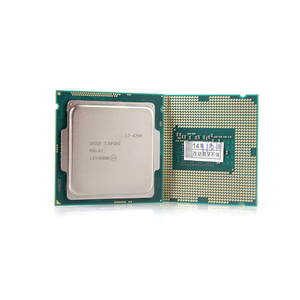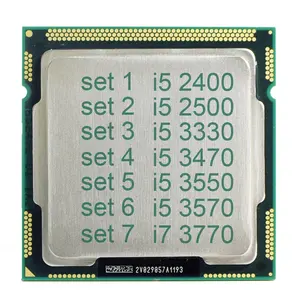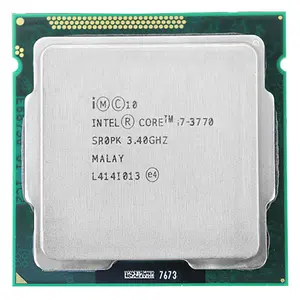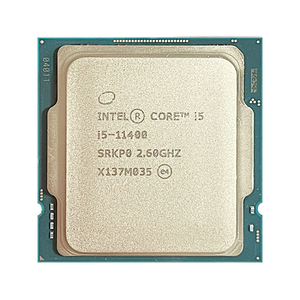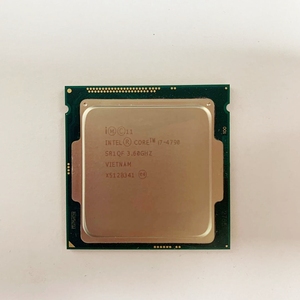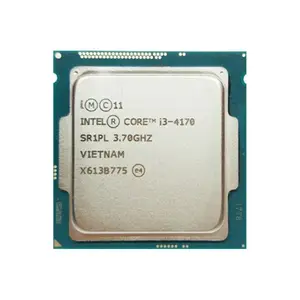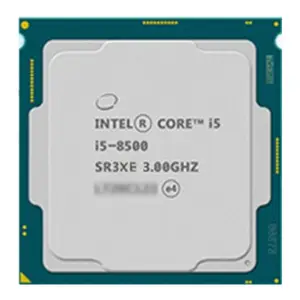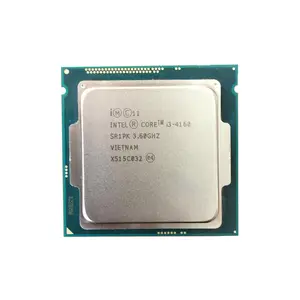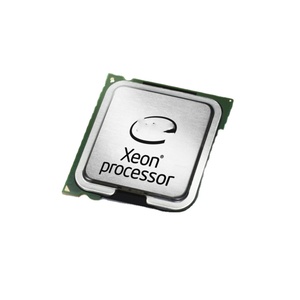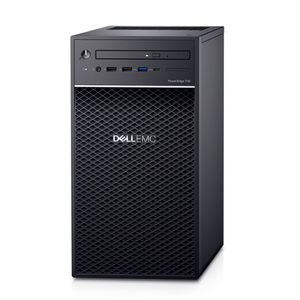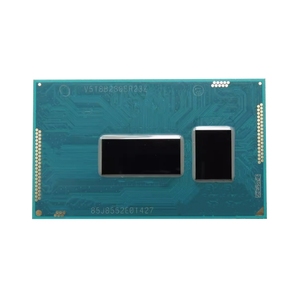Intel Outsourcing To Tsmc
































About intel outsourcing to tsmc
Where to Source Intel and TSMC-Related Semiconductor Products?
Shenzhen, China has emerged as a central hub for secondary-market semiconductor distribution, particularly for Intel processors manufactured through TSMC’s advanced process nodes. The region hosts a concentrated network of technology resellers specializing in CPUs, server components, and tested ICs, leveraging proximity to OEM overproduction lines and repair centers. These suppliers offer both new-old-stock and refurbished Intel processors—many fabricated using TSMC’s 10nm, 7nm, or N6 processes under Intel’s outsourcing strategy—providing cost-effective alternatives for industrial computing, embedded systems, and legacy device maintenance.
The Shenzhen ecosystem supports rapid component turnover through integrated logistics and technical testing facilities. Suppliers typically source directly from de-manufactured enterprise hardware, excess inventory, or pulled server modules, enabling competitive pricing and fast availability. Buyers benefit from localized supply chains that reduce lead times to 7–15 days for standard orders, with some vendors offering same-week dispatch for in-stock items. This infrastructure supports flexibility across order volumes, from single-unit sampling to bulk procurement of hundreds of units.
How to Evaluate Suppliers for Intel and TSMC Fabricated Components?
Procurement professionals should apply rigorous evaluation criteria when selecting partners for Intel-sourced semiconductors, especially those produced via TSMC’s foundry services:
Technical Verification
Confirm product authenticity through batch number traceability and physical inspection reports. For critical applications, request functional test logs—including thermal stress and clock stability data—particularly for high-performance CPUs like the i7-12700K or Xeon Platinum series. Verify compatibility with target platforms (socket type, chipset, power delivery).
Supplier Performance Metrics
Assess operational reliability using quantifiable KPIs:
- On-time delivery rate ≥96% indicates logistical consistency
- Average response time ≤4 hours reflects strong customer engagement
- Reorder rates below 15% may suggest niche specialization; higher rates (≥35%) indicate repeat buyer confidence
- Annual online transaction volume exceeding US $50,000 signals market presence and order throughput
Transaction Security & Quality Assurance
Prioritize suppliers with documented quality control procedures, including pre-shipment burn-in testing and visual die inspection. Utilize secure payment mechanisms such as escrow services to mitigate risk. Conduct sample testing before full-scale ordering, validating performance against published Intel specifications. For used or refurbished units, ensure clear grading standards (e.g., Grade A/B/C) are disclosed.
What Are the Leading Suppliers of Intel Processors Outsourced to TSMC?
| Company Name | Main Products | On-Time Delivery | Avg. Response | Reorder Rate | Online Revenue | Min. Order Quantity | Price Range (USD) | Product Examples |
|---|---|---|---|---|---|---|---|---|
| Shenzhen Feiyue Electronic Technology Co., Ltd. | CPUs, RAMs, Motherboards, GPUs, Cooling | 96% | ≤13h | <15% | $50,000+ | 1 pc | $3.14–$66.01 | i5-520M, i7-3940XM, i7-2620M |
| Shenzhen Levensun Technology Co., Limited | CPUs, Motherboards, GPUs, Cameras | 100% | ≤6h | 50% | $10,000+ | 1–10 pcs | $2–210 | i5-2540M, i7-12700K, i3-14100 |
| Shi Di Fen (Shenzhen) Technology Co., Ltd. | CPUs, Servers, Motherboards, Routers | 100% | ≤2h | 35% | $320,000+ | 2 pcs | $50–$838 | Xeon Platinum 8160, D5-p5530 SSD |
| Yancheng Sand Sea Free Technology Co., Ltd. | CPUs, GPUs, Cases, Storage | 100% | ≤3h | <15% | $40,000+ | 1 pc | $14–$176 | i5-10400, i7-6700K, i7-7700K |
| Shenzhen Chuangxinruijia Technology Co., Ltd. | ICs, Tools, Soldering Supplies | 96% | ≤4h | <15% | $30,000+ | 1 pc | $0.10–$189 | i3-1115G4, i7-11390H, i5-1335U |
Performance Analysis
Shi Di Fen and Shenzhen Levensun demonstrate high reliability with 100% on-time delivery and sub-6-hour response times, making them suitable for urgent procurement cycles. Levensun stands out with a 50% reorder rate, indicating strong customer satisfaction despite handling newer and higher-value SKUs like the i7-12700K. Shi Di Fen leads in revenue volume ($320,000+), reflecting extensive operations in server-grade components. Smaller-volume suppliers like Shenzhen Feiyue offer ultra-low MOQs and entry-level pricing ideal for prototyping or repair shops. Yancheng Sand Sea provides tightly controlled pricing bands, beneficial for budget-constrained deployments. Chuangxinruijia caters to specialized BGA-packaged ICs, serving advanced electronics repair and small-form-factor design needs.
FAQs
Are these Intel processors actually made by TSMC?
Yes, select Intel processors—especially client and server CPUs from the 12th generation onward—are outsourced to TSMC for specific variants or yield supplementation. Chips such as the i3-1115G4 and certain Atom/Silvermont derivatives utilize TSMC’s 6nm or 7nm processes. Buyers should verify fabrication source via CPUID tools or wafer markings (e.g., “TSM” die stamp).
What is the typical lead time for shipment?
In-stock items are generally dispatched within 1–3 business days. Air freight delivers to North America and Europe in 7–12 days. Sea freight options exist for bulk orders (>500 units), requiring 25–35 days transit time plus customs clearance.
Can I request product testing before purchase?
Most suppliers provide basic functionality verification upon request. High-end vendors offer burn-in tests at elevated temperatures (e.g., 72-hour stress tests) and can supply video evidence or detailed test reports for server-grade CPUs.
Do suppliers support custom packaging or branding?
Customization options vary. Some suppliers accept OEM labeling for orders exceeding 50 units. Packaging modifications (static shielding, retail boxes) may incur additional fees but are feasible for structured contracts.
How do I minimize risks when buying used Intel CPUs?
Require sellers to disclose usage history (e.g., server vs. desktop origin), thermal throttling records, and cosmetic grading. Prefer suppliers who offer warranties (typically 30–90 days). Use independent benchmarking tools post-receipt to validate core functionality and turbo behavior.



